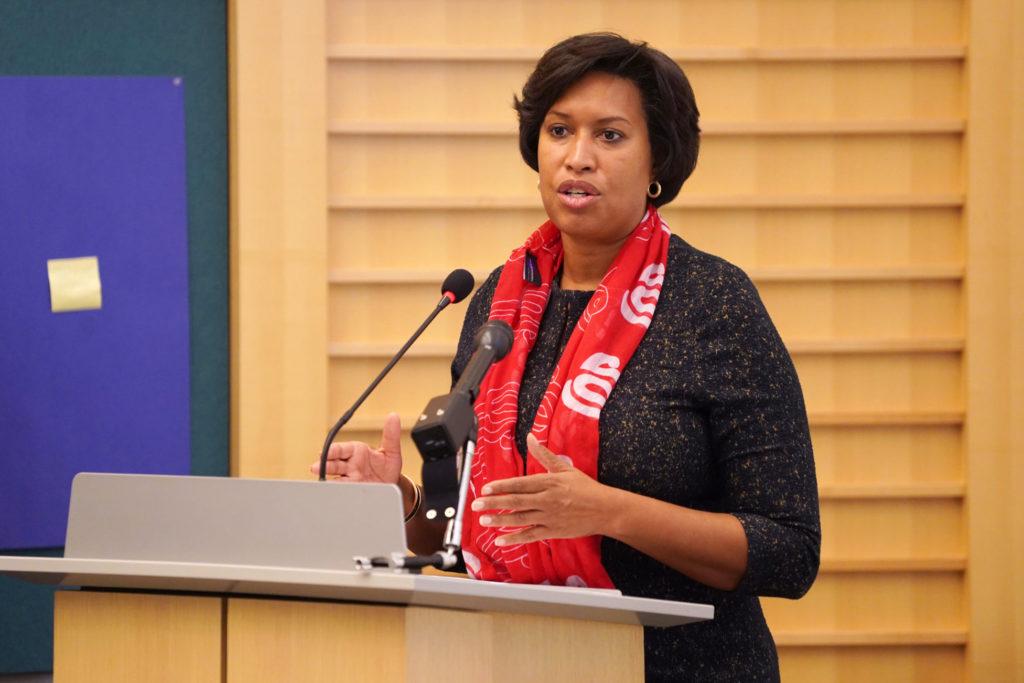The number of daily COVID-19 deaths in the District is expected to peak sometime between April 12 and April 27, Washingtonian reported Sunday.
The estimates come from a state-by-state analysis from researchers at the Institute for Health Metrics and Evaluation, a population health research center at the University of Washington. The team estimates that in the District, the projected peak number of deaths will be between four and six deaths each day, which would result in a final count of roughly 132 fatalities by May 19, Washingtonian reported.
“Our estimate of 81,000 deaths in the US over the next four months is an alarming number, but this number could be substantially higher if excess demand for health system resources is not addressed and if social distancing policies are not vigorously implemented and enforced across all states,” the researchers said.
If the estimates are correct, then D.C. will not experience a hospital bed shortage, according to the Washingtonian. But the researchers said their model assumes that social distancing measures and business closures remain in effect, so peak death counts could exceed the researchers’ estimates if cities do not enforce such policies.
Mayor Muriel Bowser declared a D.C. state of emergency late last month and issued a District-wide stay-at-home order yesterday, the latter of which is not included in the researchers’ calculations, Washingtonian reported.
The study analyzes state-based jurisdictions and does not assess the impact of resource shortages in localities like Arlington, Virginia, and Bethesda, Maryland, on the District’s health care infrastructure, according to Washingtonian.





